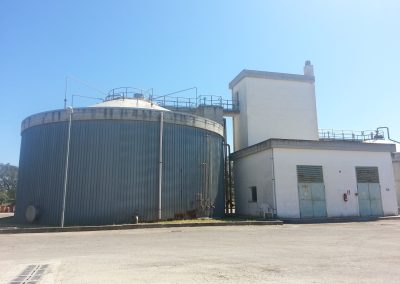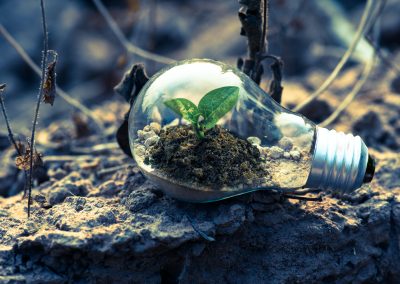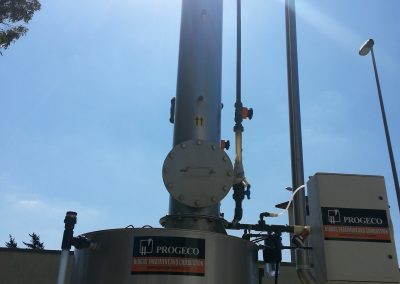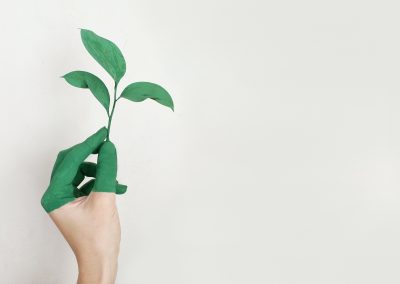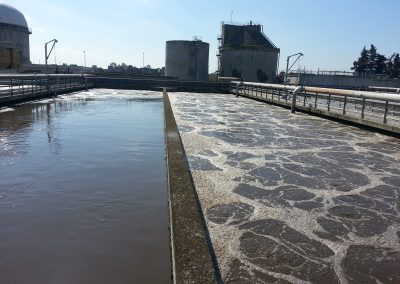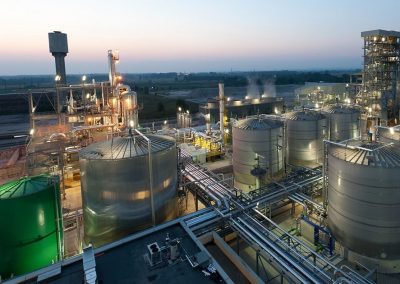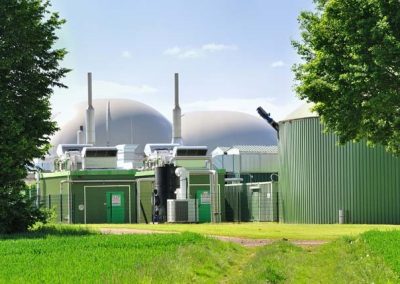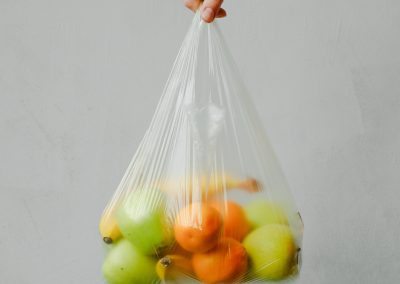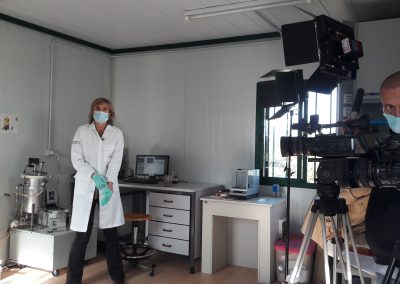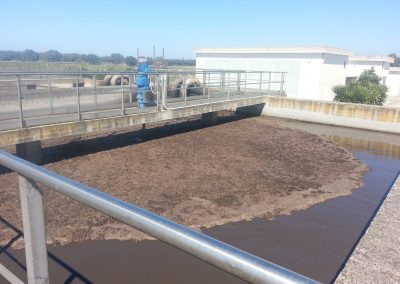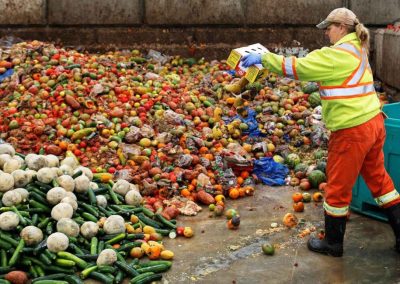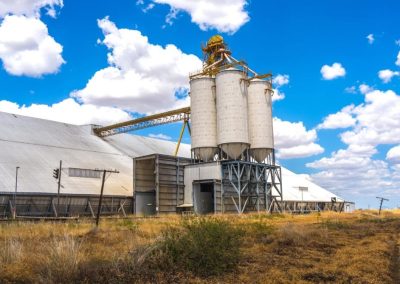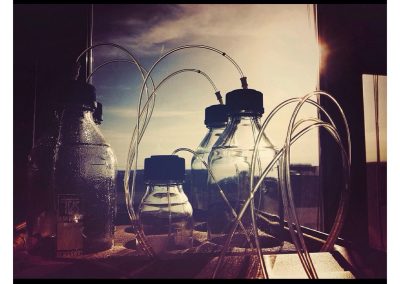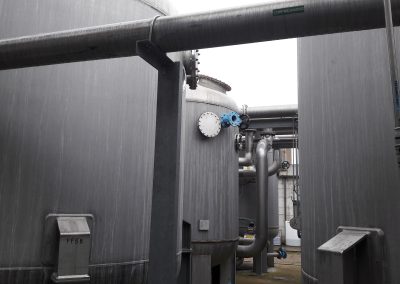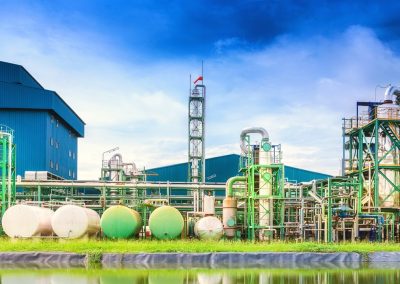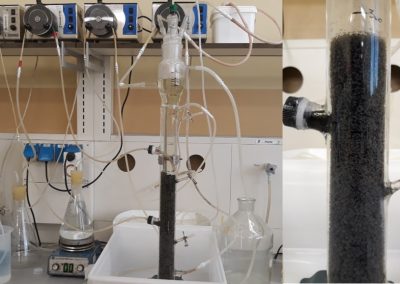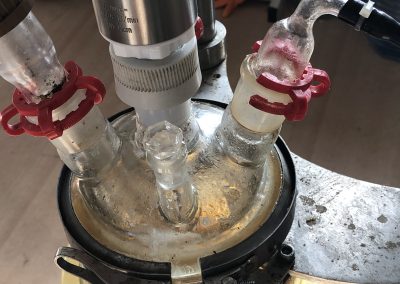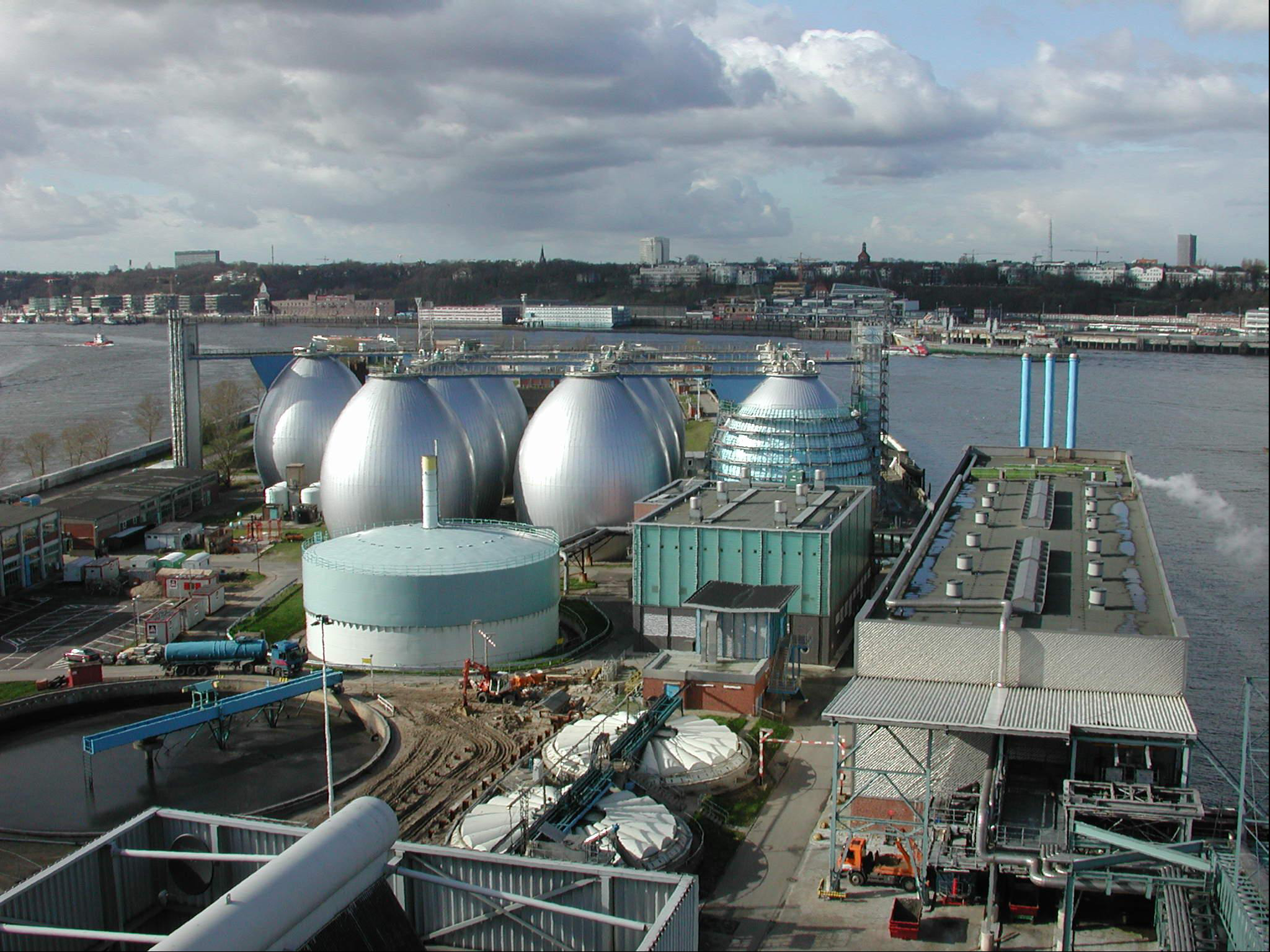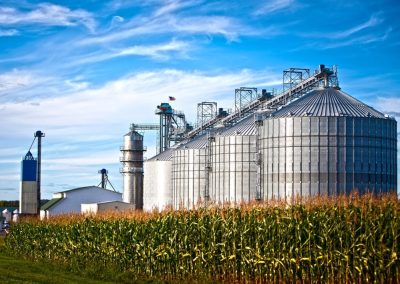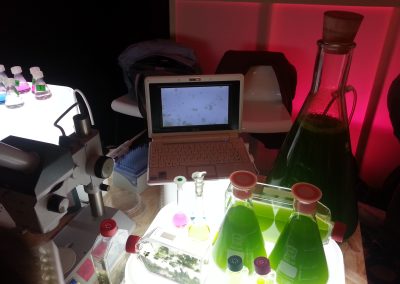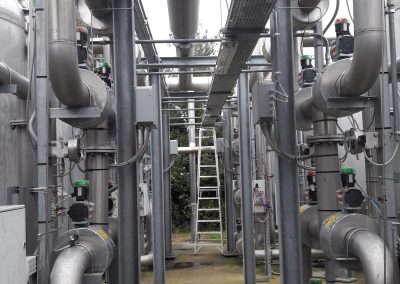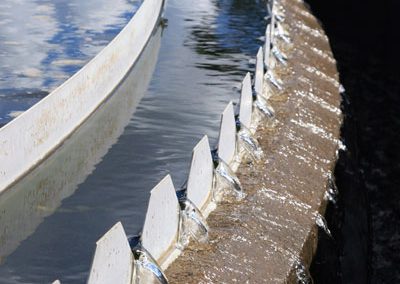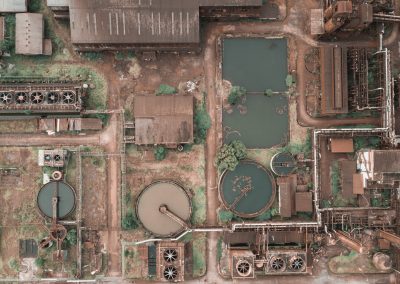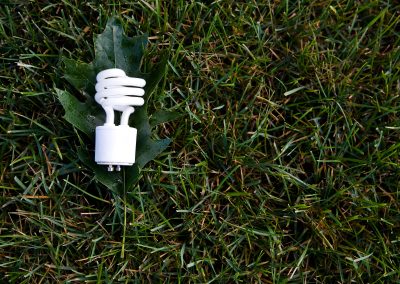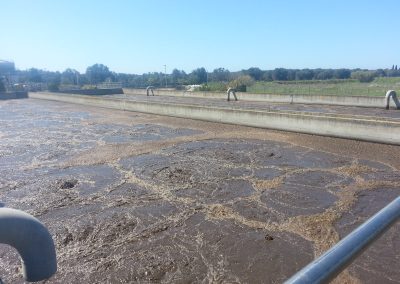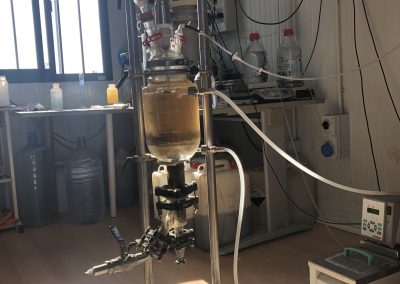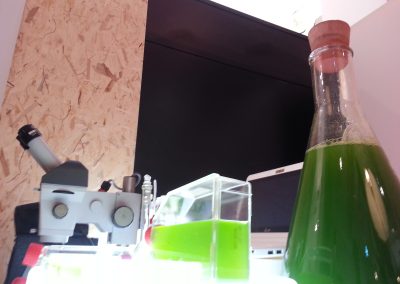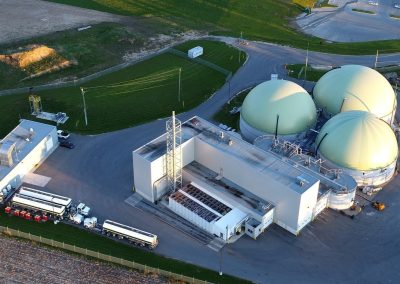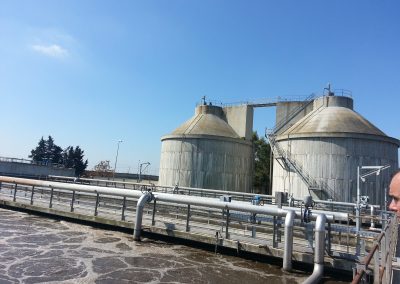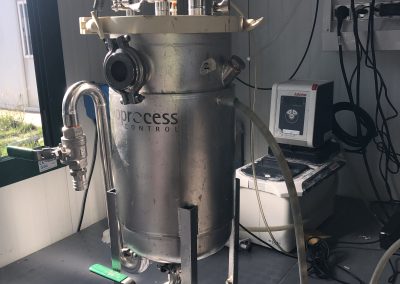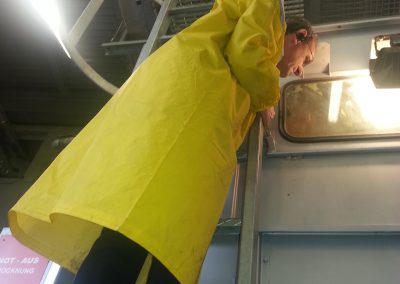Resource and energy recovery
Description
Research activities in this field are aimed at contributing to Circular Economy implementation through the development of environmentally sustainable technologies to increase reuse, recycling, and recovery of biowaste (wastewater, waste and other biomass), with particular regard to energy and added-value products recovery.
This approach is perfectly integrated in the concept of “Bio-refinery”, as sustainable technical-scientific platform converting waste into valuable components such as biomethane, fine chemicals, and biomolecules.
The activities are aimed at:
- Enhancing the anaerobic treatments of biowaste through the development of innovative technologies to maximize bio-methane and/or bio-hydrogen production, nutrients recovery and fine chemicals recovery;
- Characterizing and select microbial communities in order to optimize the performance of bioprocesses (e.g. dark fermentation, chain elongation, anaerobic digestion);
- Development of bio-electrochemical systems for energy recovery from wastewater and for sludge minimization;
- Valorizing both the lipid and the lignocellulosic fraction (where significantly present) of biomass and waste, through the optimization of chemical treatments for the production of added value compounds, with wide application potential in many sectors;
- Development of simulation models to evaluate the recovery potential in terms of energy and/or resources from organic waste treatment;
- Minimizing the risk for human health associated with wastewater or sludge reuse through a careful assessment of the presence of pathogens and the fate of the antibiotic resistance genes.
Scientific and technological contents
The scientific contents are oriented to:
- Chemical characterization of biological resources (as sewage sludge, municipal organic waste, agro industrial waste, algae, etc.) and their sustainable thermochemical valorization in platform-molecules and value-added products (HMF, FDCA, levulinic acid and derivatives, biobased solvents, biodiesel, renewable diesel, biolubricants of new generation);
- Sustainable biological valorization of biowaste through innovative advanced anaerobic digestion processes to produce biofuels (hydrogen, methane) and value-added products together with a recyclable digestate and phosphorus recovery;
- Increase the unexpressed potential deriving from bioprocesses treating biowaste to produce, with sustainable and green solutions, chemicals with industrial and economic value;
- Develop innovative systems aimed to recover energy from wastewater and biomass;
- Recovery energy from municipal wastewater through advanced anaerobic systems at ambient temperature and high rate anaerobic reactors, followed by an aerobic post-treatment for nitrogen removal;
- Recovery nutrients from wastewater for agricultural use;
- Promote thermal recovery from the aerobic treatment of wastewater with low sludge production;
- Optimize phosphorus recovery from wastewater through modelization and life cycle assessment;
- Recover bio-calcium carbonate from seashells, as filler for polymer matrix composite materials (for construction, industry, agriculture) and valorize the shellfish farming biomass;
- Evaluate energy requirements and environmental impacts of the processes used to recovery energy and resources;
- Promote the development of process innovations in order to limit plastic use in shellfish practices.

